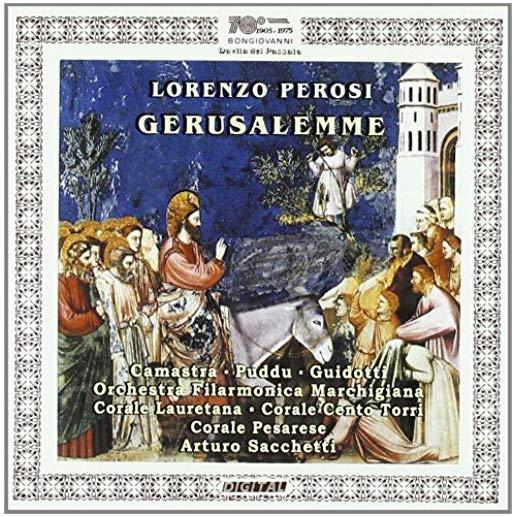
Hamm, Thomas D.
Thomas Hamm of Earlham College has provided a succinct and knowledgeable introduction that will make clear to non-Quaker readers some of the religious group's most distinctive practices. The minutes of the monthly meeting might best be described as business and disciplinary records, rather than a description of what transpired in the weekly "First Day" meetings for worship. Quakers believed that God inspired women as well as men, that women had just as much right to speak and preach and pray publicly as men. Quakers were expected to marry other Quakers, and those who did not might be disowned. Cases of bastardy and fornication (generally understood as resulting in the birth of a child too soon after marriage) also came before the monthly meeting, as well as offenses against "plainness," sharp business practice, and the slander of fellow Friends. The refusal to take oaths and serve in the military brought Quakers into conflict with local authorities, and Friends were forbidden to profit from war-making in any way, either by repairing guns for soldiers, owning or serving aboard privateers, or even purchasing goods that had been seized from enemy ships. Thus, the Minutes of the Dartmouth Month Meeting constitute a rich hoard of information for social historians and genealogists alike.
Distributed for the Colonial Society of Massachusetts.







